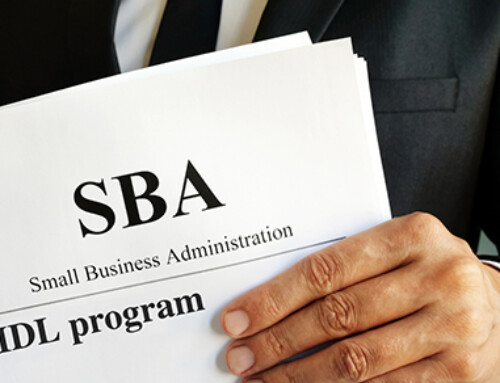Tax reform created taxes on employee fringe benefits for bicycles.
You could (and can) deduct your costs for reimbursing employees for their qualified bicycle transportation costs. But tax reform now makes this bicycle transportation benefit a taxable event for your employees.
In what for this tax reform is an interesting twist, businesses may continue to pay the $20 bicycle benefit, but they must add the benefit to the employee’s W-2 and subject it to withholding and payroll taxes.
The employee continues to come out ahead with the bicycle reimbursement even though it’s taxable.
Example. Say the employee receives a $100 reimbursement and pays taxes at the 25 percent rate. The employee is $75 ahead ($100 – $25).
We think you as the employer should continue this fringe benefit because it does help your employee with his or her physical health and it costs you almost nothing. Because of tax reform, you’ll have to change your payroll for this fringe benefit, but that’s not likely to cause much trouble.





